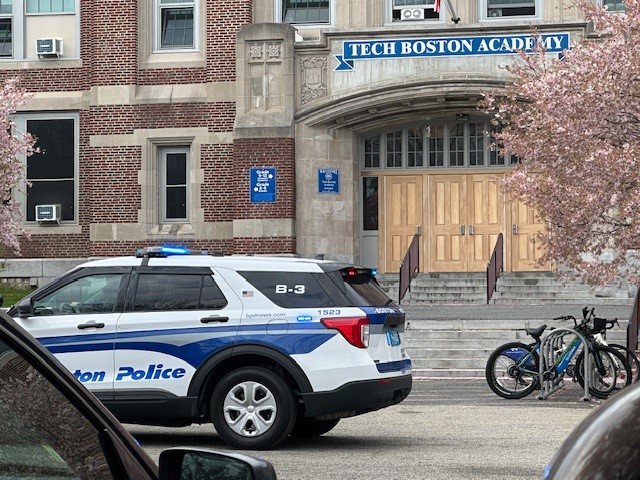When Greg Stewart tested positive for the novel coronavirus, the therapist from Westborough, Massachusetts, was filled with anxiety, but not for himself.
"I was immediately concerned," he said, explaining that his thoughts turned to those he might have exposed to the virus, from his colleagues to his family members and his wife, who has asthma.
It was easy for Stewart to identify some of his closest contacts. But what about strangers at the grocery store? Or the little restaurant in town?
As leaders across the northeast begin to envision what life in the region will be like after the initial surge of coronavirus cases subsides, experts say one key component of easing the restrictions put in place here to prevent the spread of the virus is contact tracing.
"In any epidemic event, you want to turn off the tap," said Dr. Joia Mukherjee, chief medical officer of the Massachusetts-based nonprofit Partners in Health. "Without knowing where the enemy is, it's very hard to make plans."
Massachusetts is at the forefront of efforts within the United States to ramp up contact tracing, a labor-intensive process through which public health officials attempt to identify and warn each person who had close contact with someone carrying an infectious disease.
Working with Partners in Health, the state recently launched an initiative to hire and train 1,000 contact tracers, who got to work this month making phone calls to patients infected with COVID-19, the disease caused by the virus.
Local
In-depth news coverage of the Greater Boston Area.
The state has budgeted $44 million for the program, which is a cornerstone of its strategy to eventually reopen its economy and ease social distancing measures put in place in March.
Patients are asked to list everyone they can remember being within six feet of for more than 15 minutes at any point stretching back three days before they tested positive. Workers then telephone each of those people, ask them how they're feeling and potentially direct them to quarantine or seek medical treatment.
Case tracing has proven effective in past outbreaks, and experts say the strategy has been pivotal to containing the virus in China and other countries that are believed to have their initial wave of coronavirus cases under control.
But it's a pain-staking process that relies on people's memories to find others who were exposed.
Engineers at Google and Apple are devising new strategies that could boost traditional case tracing efforts. Separately, researchers from a collaborative led by MIT are engaged in a similar project.
They're developing tools for smartphones to alert people when they've been close to someone with COVID-19. Boston University computer science professor Ran Canetti said the concept is promising, though it has potential shortcomings. For example, phones might trigger a false alert if you're in a car next to someone who's infected, or your Bluetooth pings a device more than six feet away – maybe in the apartment next door.
Dr. David Hamer, a professor at the BU School of Public Health, agrees case tracing is a valuable tool, but stresses it's easier when there are fewer cases. And without more testing, it's impossible to know how widespread the outbreak is in Massachusetts.
Studies suggest people become infectious before they develop symptoms of COVID-19. The same is true for those who never develop symptoms, making it trickier to pinpoint where the disease is spreading in the community.
With the outbreak still widespread, Hamer says public officials should remain focused on ramping up testing and urging people to wear masks in public and keep their distance from others.
"If somebody's actively infected, they could be spewing out an aerosol of infected virus and you could be at risk," he said.



